In Pursuit of a Healthy Community
Posted: 08.18.17
Whether living in substandard housing or getting too little physical activity or lacking access to affordable food, the health of many Eau Claire residents is adversely impacted by where they reside.
An effort in Eau Claire seeks to improve people’s health by changing those factors and others for the better. For the past year, a five-member team comprising city officials and others has discussed ways to boost residents’ health, part of the Invest Health Project in conjunction with the Robert Wood Johnson Foundation.
Eau Claire was one of 50 midsize cities across the U.S. selected to participate in the project. Its aim is to fundamentally change the way cities improve citizens’ health.
To start with, the attempt to boost health through changes in housing will occur in Eau Claire’s Randall Park neighborhood, a place with a high poverty rate and much aging, dilapidated housing, some of it home to UW-Eau Claire students. Studies show people living in socioeconomically challenged areas tend to have poorer health than those in more affluent areas.
Invest Health Project team members have compiled and studied much data in preparing possible solutions to boost health outcomes. Specific plans to address the issue have not been chosen, but they likely will feature a multifaceted approach, said Mike Rindo, the UW-Eau Claire assistant chancellor for facilities and university relations who is a member of the Invest Health Project team. The group hopes to recommend specific plans by the end of December.
“There isn’t just one magic bullet that will solve this,” Rindo said. “It will be a combination of projects that ultimately get you where you want to go.”
In addition to Rindo, other Invest Health Project team members are Eau Claire City-County Health Department director Lieske Gieske, City Manager Dale Peters, Realtors Association of Northwestern Wisconsin government affairs director Bruce King and Eau Claire Housing Authority executive director Keith Johnathan.
The Eau Claire City Council is scheduled to hear a presentation about the initiative at its Monday meeting. Efforts to better people’s health by improving the places where they live can include such measures as rehabilitating old homes and finding ways to support multigenerational housing, Giese said. Randall Park Neighborhood Association members plan to do just that, using $2 million projected to be made available via a proposed Water Street tax increment financing district and other funding sources to pay for such initiatives.
“We are hopeful that we can come up with money to turn some of our rentals into single-family housing,” Helene Smiar, president of the Randall Park Neighborhood Association, said during a recent interview. “We are looking at a lot of options for improving living conditions in our neighborhood.”
‘An experiment’
Besides housing, the Invest Health initiative could include other ways to improve place, Gieske said. For instance, the team is studying other ways to boost residents’ health, she said, such as improving access to food and increasing social opportunities.
“How can we design our community differently to improve health access to all?” Giese said. “Those are the kinds of different approaches we are trying to take.”
Among the issues being discussed is possible funding sources for making health-related improvements. Money for such projects could take multiple forms, Rindo said. “We are being told there are organizations willing to pay money for this if you come up with an idea or ideas they believe will make a difference,” he said.
Midsize cities such as Eau Claire were selected to participate in the Invest Health Project because its organizers believe effective change can best be enacted in such locations. “Often those are the cities that are ignored ... so we are really part of an experiment to see if these kinds of things can make an impact,” Rindo said.
Eau Claire City Council President Kerry Kincaid said she believes the Invest Health plan could boost living conditions in some of the city’s older neighborhoods. If plans can work in the Randall Park neighborhood, similar initiatives could be implemented in other parts of Eau Claire and elsewhere, Rindo and Giese said.
“I think Invest Health has real potential to help improve Eau Claire’s older housing stock and offer more affordable housing,” Kincaid said.
Giese said she is optimistic health outcomes can improve with changes to such determinants as housing, access to food and mental health services. Making strides in those areas must include multiple agencies, she said.
“The fact is, where we live has an impact on our health,” Giese said. “Now we’re looking at how we can make that situation better for more people.”
The REALTORS® Association of Northwestern Wisconsin is the professional trade association that all professional REALTORS® residing within the association jurisdiction belong to. The association provides educational opportunities for its members, is active in local, state and national advocacy efforts, engages in community outreach through charitable giving, operates its own private foundation to help homeowners in need and remains a positive force for the members they serve.
LOOKING FOR EXTRA HELP? Click here to visit our Helpful Links.

